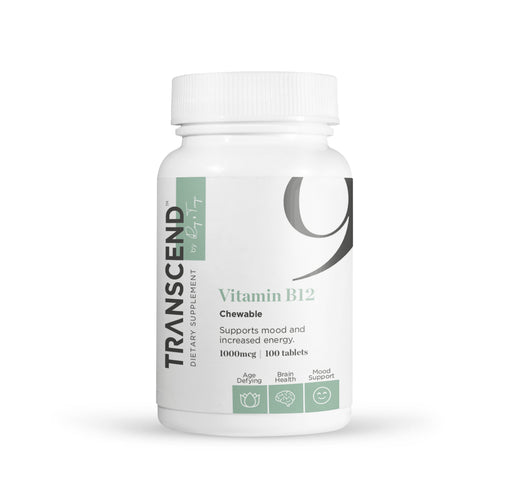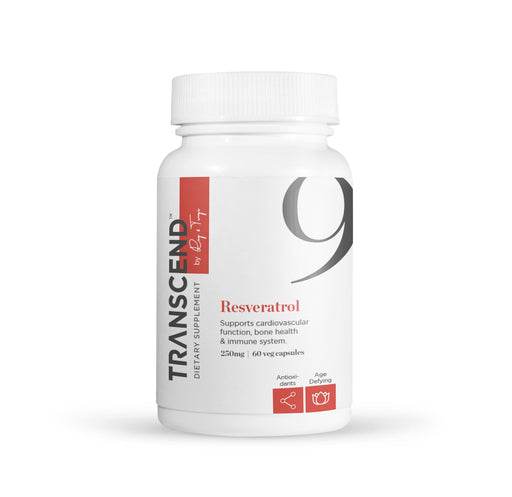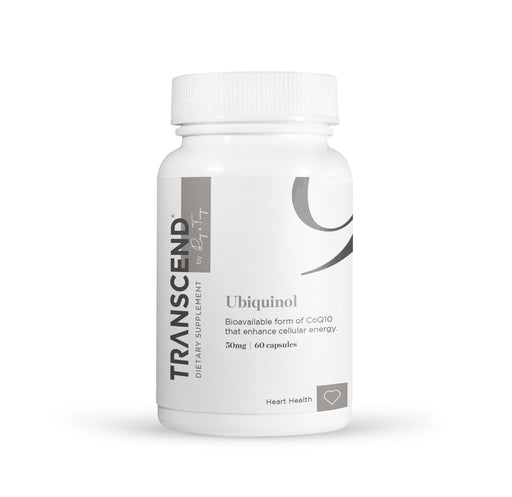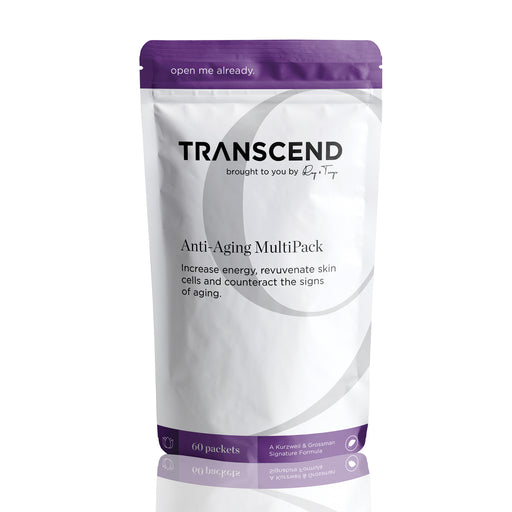
Vitamin B-12, Sublingual
Increased energy Improve mood Fight fatigue Common deficiency Better absorption Vitamin B12 (also called cobalamin) is one of eight water-solu...
View full details
The pandemic lockdowns have caused noticeable changes in our behavior, especially when it comes to sleeping, exercising, and eating. This extended stretch of a sedentary lifestyle has been accompanied by little-to-no commuting, plenty of time indoors, and fewer opportunities to exercise or move our bodies. These factors, combined with disrupted sleep, a stressful news cycle, and an overall increase in general anxiety, can prompt many to seek comfort in food.
The long-running COVID-19 pandemic has caused stress levels to climb, and often the first to be held ransom to the demands of stress is our gut. More accurately, our increased appetite for sugar. Increased cravings for carbs, sugary snacks, and beverages are often in direct correlation with stress.
Since the onset of the pandemic, the staple for most of us has become carb-heavy treats like pizza, fries, and brownies. These feel-good foods can be closely linked to our biology and taught-behavior as children— consider a big scoop of ice cream after a visit to the dentist or a candy bar to soothe aches from the playground.
As children, we learn to associate these sugar-heavy treats with direct comfort. Over the years, occasions for pleasure and celebration like parties, weddings, birthdays, and promotions have come to be linked with certain carb-rich sugary foods (well, cake).
Simply put, in stressful situations, anxiety-related cravings trigger our need for cookies. The idea that "comfort foods are rewarding" intrinsically links food to our emotions. Understanding where this behavior comes from can help us make conscious decisions about stress-eating and start to curb this behavior.
Two hormones play a big role in triggering your cravings—cortisol, and ghrelin. And stress causes both these hormones to shoot up. Usually, short-term stressors like running to a meeting or finishing a deadline curbs the appetite. However, long-term pressure from unemployment, job insecurity, or the pandemic can keep your cortisol levels elevated and increase your need for sugary foods. The hormone ghrelin also signals your body to eat once the stress is detected.
This physiological tag-team primes your body for more carb intake, making it easier to overeat when you're stressed.
Forget counting calories: it's time to start listening to your body and, more importantly, to your feelings. Before you dive into the bowl of nachos, give yourself 30 seconds to mentally investigate the source of your hunger. Is your craving fueled by inactivity or boredom? Whether the urge is coming from the belly or the brain, think of ways to directly address the underlying emotion.
Delaying the need to eat by focusing on another relaxing activity, like playing with your dog, listening to soothing music, or taking a hot shower, can dramatically reduce the urgent need to binge. Deep breaths can go a long way, too!
Call a friend when stressed. Navigating the stresses of the pandemic alone can be overwhelming. Introduce your loved ones to an online cooking session and safely partake in this social activity. You may just end up inspiring your inner chef to whip up a healthy treat with whatever is already in your fridge!
Snack healthy. Avocados, roasted cashews, and peanut butter are good fats that can be just as comforting to your cravings.
Your kitchen likely has all the makings of a hearty meal just waiting to come together. The next time you get a snack attack, reach past the chips and choose a handful of roasted nuts, a piece of dark chocolate, or a slice of cheese.
These simple steps to taking care of your physical and mental well-being can be challenging at the best of times. If the increased pressure of COVID-19 has only increased this struggle, don't be too down on yourself: you're not alone.
Juggling daily stressors during the pandemic is hard, but talking to your doctor is an excellent place to start when you're trying to improve your health. Remember, we're all in this together.

Increased energy Improve mood Fight fatigue Common deficiency Better absorption Vitamin B12 (also called cobalamin) is one of eight water-solu...
View full details
Combat internal aging Protect cells from radiation damage Increase antioxidant capacity Take with lecithin for better absorption Optimal dose for...
View full details
2022 update: Future batches of this product will use a Ubiquinol product that is a greenish capsule rather than a red softgel Bioavailable form o...
View full details
A Kurzweil + Grossman Formula Continued Synergy between Science and Convenience Convenient dosage packets Top anti-aging products Increase energy...
View full details